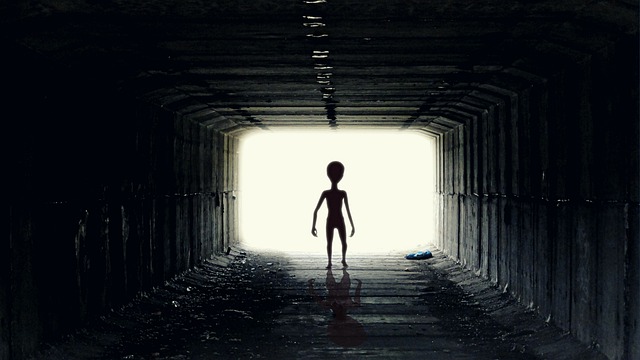We may very well get to meet ET sometime soon. In a groundbreaking challenge to long-held scientific beliefs, a new model from Penn State scientists suggests that humanity is not an extraordinary cosmic anomaly but rather the inevitable product of planetary evolution—on Earth and, quite possibly, countless other worlds; in other words, there are alien life forms out there.
This revolutionary framework dismantles the long-dominant “hard steps” theory, which has painted intelligent alien life as an almost impossibly rare occurrence. Instead, researchers at Penn State argue that intelligence may not be a cosmic miracle at all, but a natural, even expected, consequence of evolution. Their findings dramatically raise the odds that we are not alone in the universe, reigniting the tantalizing possibility that intelligent civilizations may be far more common than we ever dared to imagine.
“This is a significant shift in how we think about the history of life,” said Jennifer Macalady, professor of geosciences at Penn State and co-author on the paper, which published today (Feb. 14) in the journal Science Advances. “It suggests that the evolution of complex life may be less about luck and more about the interplay between life and its environment, opening up exciting new avenues of research in our quest to understand our origins and our place in the universe.”
A 1983 theory by theoretical physicist Brandon Carter, known as the “hard steps” model, suggests that human evolution was a long shot. Carter’s reasoning centers on the vast timescale of human development compared to the sun’s lifespan, concluding that the odds of finding similar life elsewhere in the universe are incredibly small.
However, a new study challenges this view. A team of astrophysicists and geobiologists argues that early Earth was too hostile for many alien life forms. They propose that crucial evolutionary leaps only became possible once the planet’s environment reached a more life-friendly, or “permissive,” state.
“We’re arguing that intelligent life may not require a series of lucky breaks to exist,” said Mills, who worked in Macalady’s astrobiology lab at Penn State as an undergraduate researcher. “Humans didn’t evolve ‘early’ or ‘late’ in Earth’s history, but ‘on time,’ when the conditions were in place. Perhaps it’s only a matter of time, and maybe other planets are able to achieve these conditions more rapidly than Earth did, while other planets might take even longer.”




